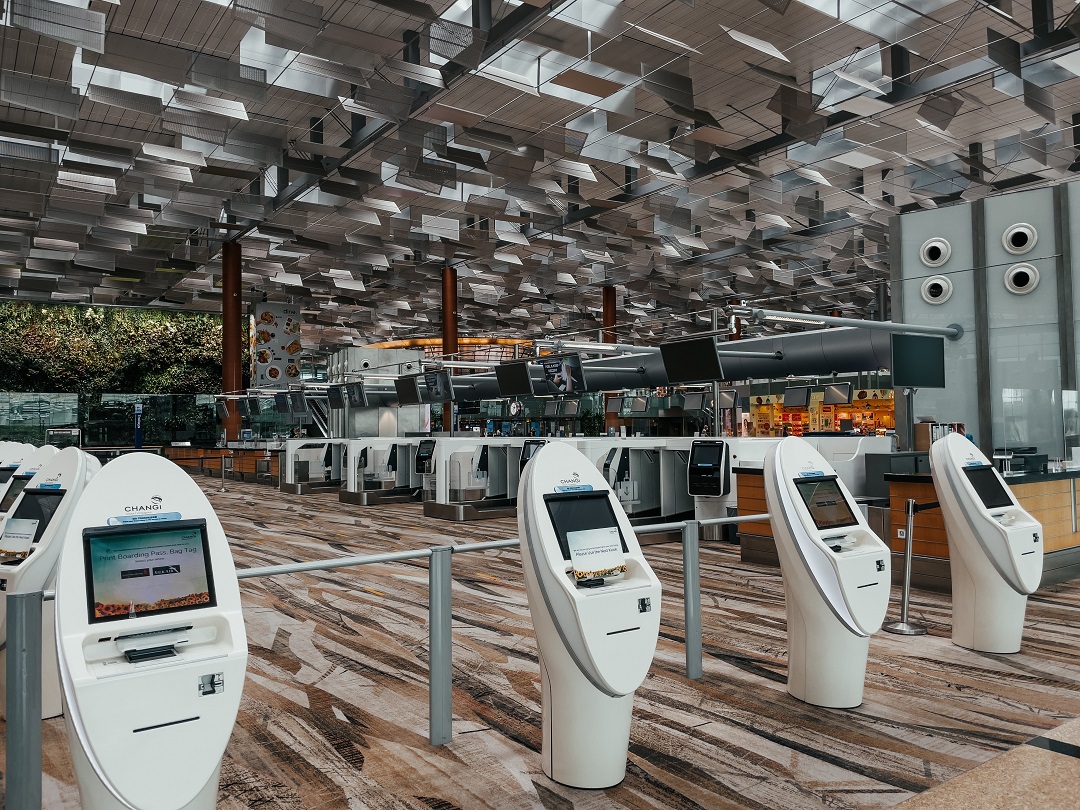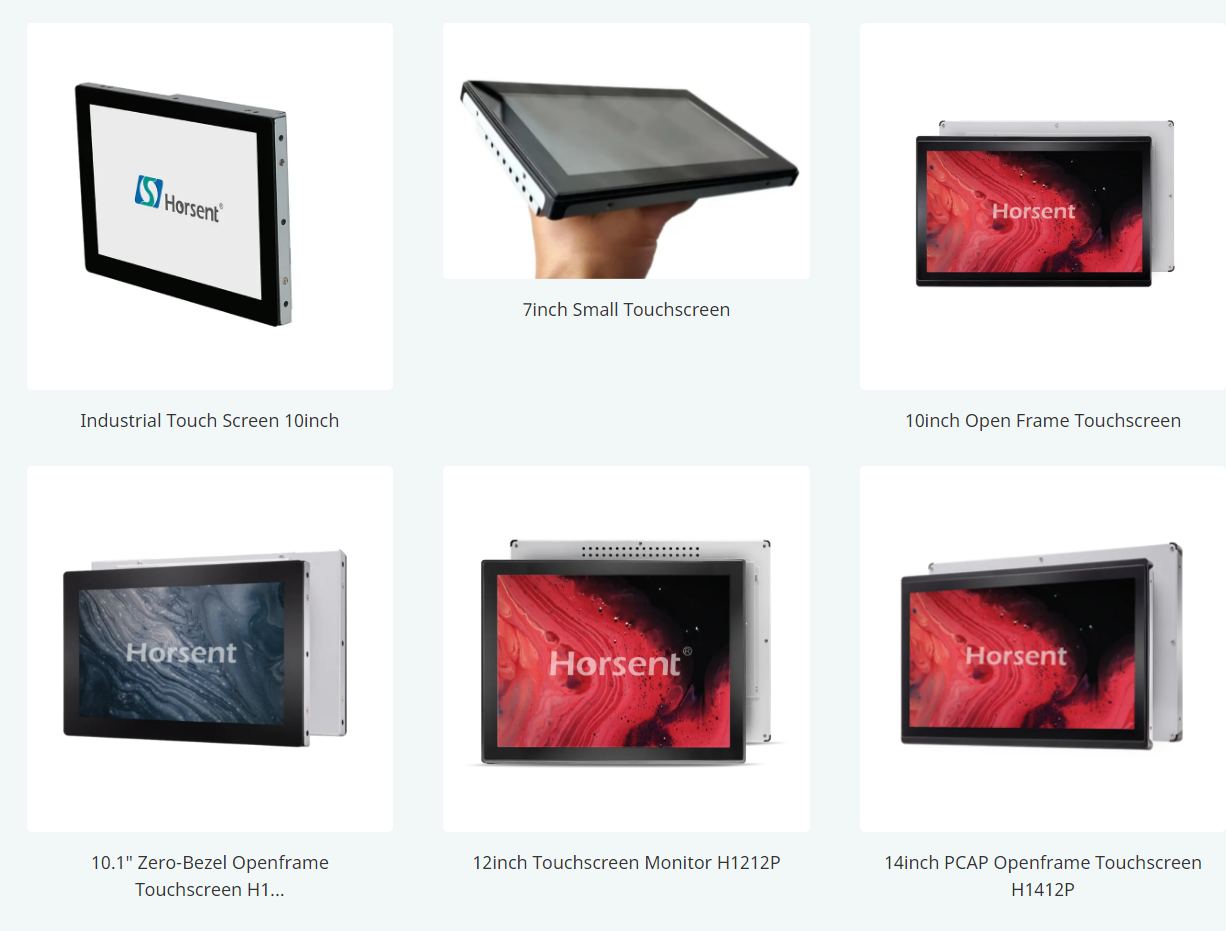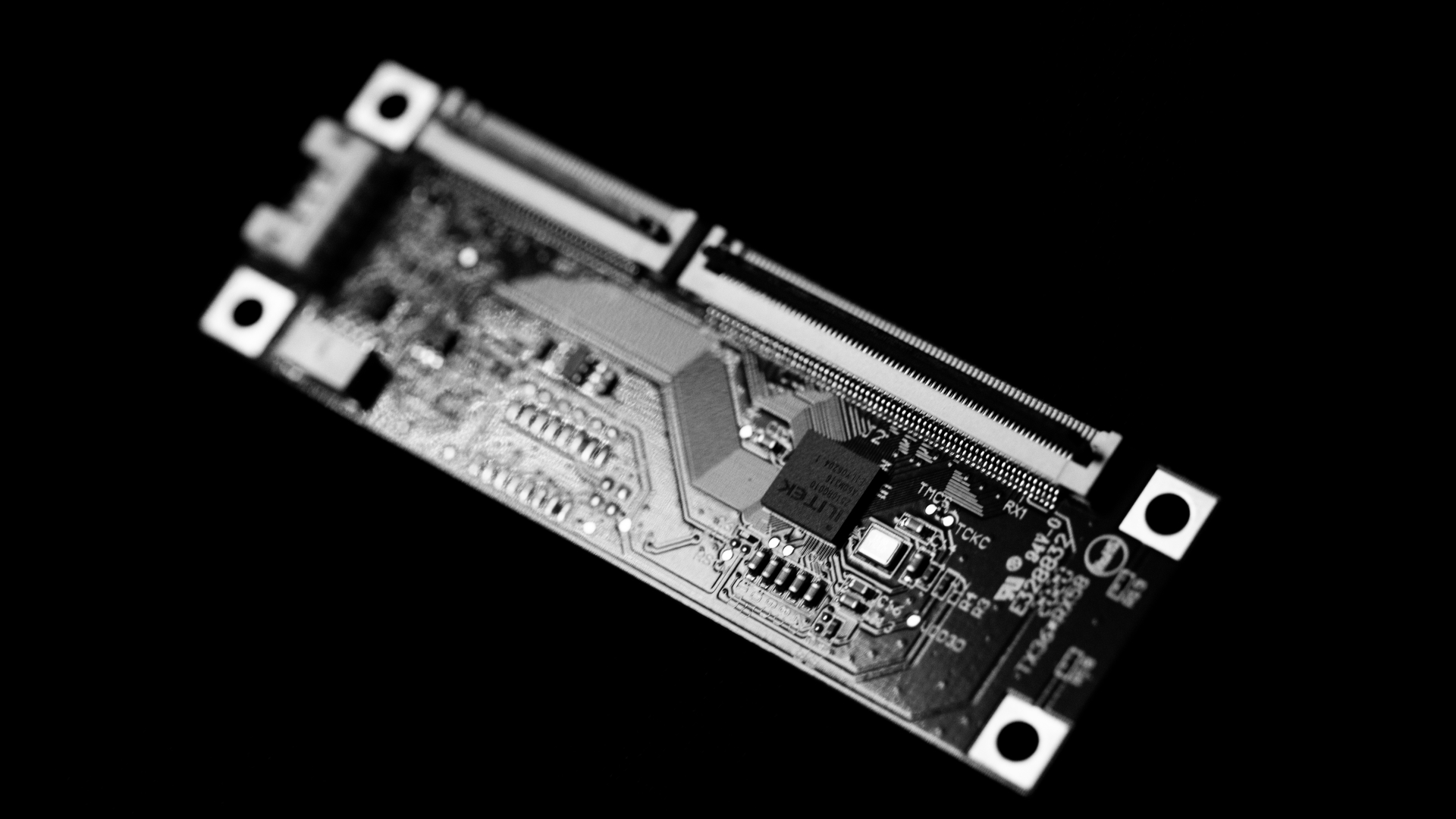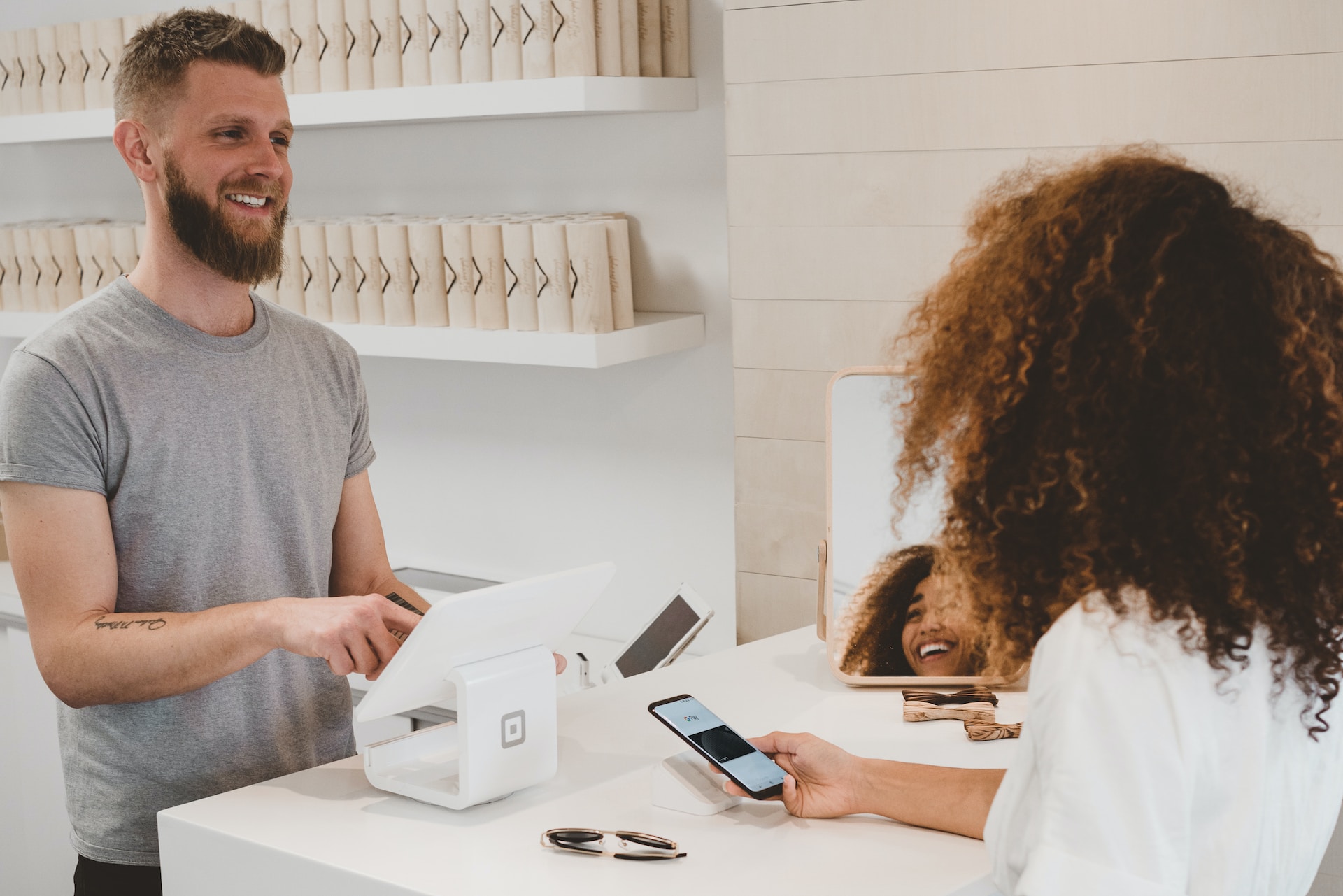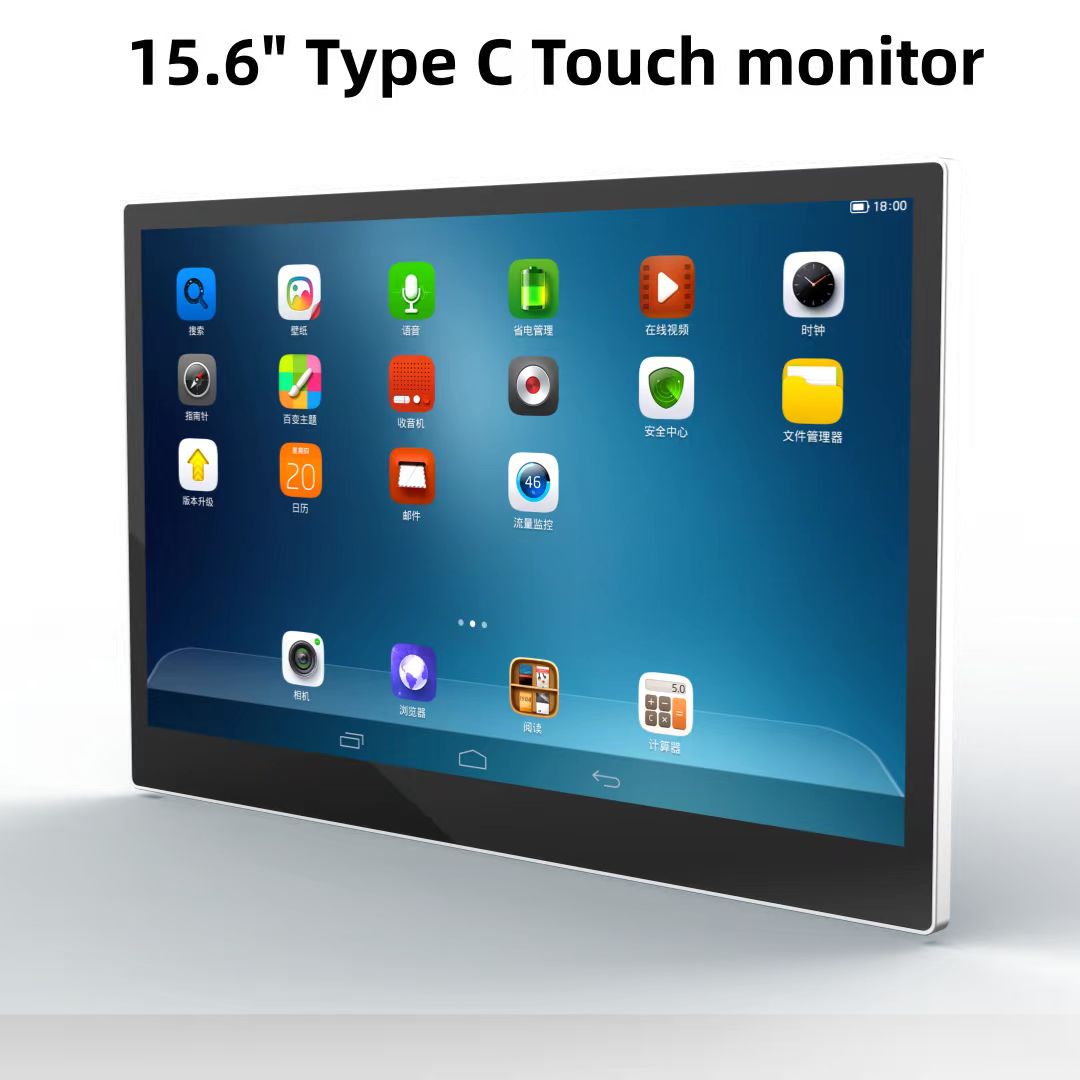In today’s digital world, Self-service is not about buffet,
but providing a cost-effective solution to address troublesome headaches from business owners: to solve labor shortages and escalating labor costs. In today's fast-paced world, self-service transformation has been forming a key driver of change for businesses across various industries. From the rise of self-service kiosks in banks, restaurants, transportation, and other sectors to the ever-evolving landscape of touch solutions and touchscreens, self-service technology has rapidly reshaped the way businesses interact with their customers.
Horsent as the interactive solution provider, will explore the essence of self-service in digital transformation, and examine how businesses can successfully implement self-service solutions and benefit from having them.

What is Self-Service in Digital Transformation
Self-service in digital transformation refers to the deployment of technology-driven solutions that empower customers to access information or complete tasks without the need for calling a company's staff such as sales and waiters, instead, turn help to interactive kiosks, touchscreens, mobile apps, and online platforms that enable customers to make choices, place orders, or access information independently. The self-service model scenario not only enhances efficiency and convenience but also provides a satisfied customer experience.
Common Mistakes in Self-Service Transformation that can lead to failure.
While self-service transformation offers numerous benefits, it's still worth mentioning to be aware of risks that influence the outcomes of benefits and even lead to failures.
Inadequate User Experience: Failing to provide an intuitive, user-friendly interface can deter customers. Invest in user experience (UX) design to ensure smooth interactions.
Updates and maintenance are crucial. Still, there are ways to decrease the frequency of maintenance by bringing easy maintenance solutions such as stepped bezel open frame touchscreen and anti-dust solution
Insufficient Training: Inadequately training staff to assist customers with self-service solutions can result in confusion and frustration. Comprehensive training is essential(required) for both customers and employees.
Security Concerns: ignorance of cybersecurity risks can expose customer data to breaches. Implement robust security measures to protect sensitive information and clear the doubts or worries of your customers so they are more willing and likely to use your system
Over-automation: don’t go too far, While automation is beneficial, an overreliance on technology can alienate customers who seek human interaction. Balance is the key.
Case Studies: Transforming Customer Experiences
Let's take a closer look at some real-world examples, of how Horsent is involved in self-service transformation in action:
1. Banks: Self-service kiosks in banks allow customers to do more business, from depositing and withdrawing cash to printing statements and applying for loans. These kiosks streamline processes, reduce wait times, and free up bank staff to focus on more complex tasks. Horsent offers hundreds of PCAP open frame touchscreens and touch monitors for the smart banking project and VIP banking: from touchscreens for self-service kiosks, zero-bezel touchscreens for touch tables, and touch monitors as interactive signage for VIP rooms.
2. Restaurants: Digital menus and self-ordering kiosks have revolutionized the restaurant industry. Customers can browse menus with vivid displays of delicious cuisines, customize orders, and make payments, Horsent is offering thousands of touchscreens to restaurants and hotels reducing the need for traditional waitstaff. This not only speeds up service but also provides customers with a seamless dining experience.
3. Transportation: Horsent touchscreens for Self-service check-in kiosks at airports, train stations, and bus terminals enable travellers to print out boarding passes, choose seats, and check baggage without queuing. Such solutions have improved efficiency, reduced waiting times, and enhanced the overall travel experience.
4. Retail: Self-service kiosks in retail stores enable customers to check product availability, compare prices, and make purchases by themselves. This could enhance the shopping experience plus the retailers can collect valuable data on customer preferences as extra fruit.
At Last
Horsent is willing to offer price-competitive, durable and easy-maintenance touchscreens and interactive solutions to enable digital transformation. Contact our sales today for a productive and saving plan for your business.
Post time: Nov-07-2023




